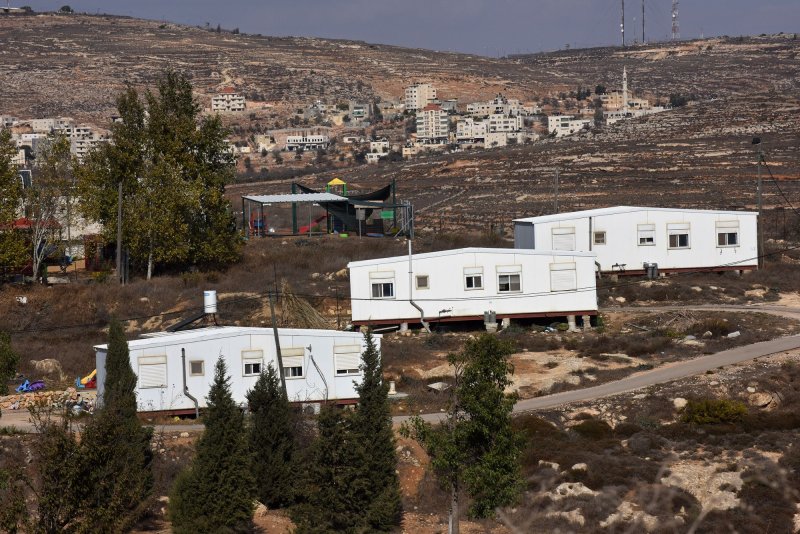JERUSALEM, Dec. 6 (UPI) -- Legislation aimed at legalizing nearly 4,000 Jewish homes in the West Bank moved forward in Israel's Knesset, potentially breaking an impasse.
A new version of a bill, retroactively making about 100 unauthorized-but-tolerated settlements in the West Bank legal unless it can be demonstrated the homes are built on private land, was approved Monday by Israel's Ministerial Committee for Legislation and quickly passed in a preliminary vote in the legislature.















